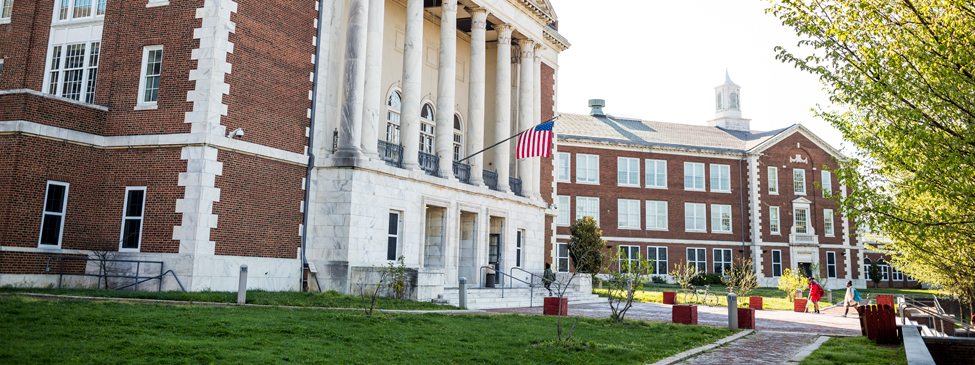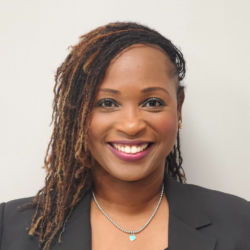This Friday is Proof Point Day: a celebration of first-generation college students with the goal of igniting an important conversation about the serious financial burdens and lack of support they often encounter. We asked Tequilla Banks, Executive Vice President at TNTP, to share her experience of being the first in her family to go to college and reflect on the pressing challenges facing today’s first-generation students.
When I first walked onto Yale’s campus as an undergraduate years ago, I was anxious about my academic and social readiness. After all, the students around me attended some of the most elite secondary institutions in the country. I grew up in a rural Arkansas town with a population of 700. Until age 12, I lived in a house without indoor plumbing. As the first in my family to attend college, I didn’t have access to the people, money, and networks my peers had.
Many first-generation college students face similar concerns—especially students who enter college with a family legacy of intergenerational poverty.
But when I got to Yale, it turned out I wasn’t alone. There was a pre-orientation program that connected me with students on campus who looked and spoke like me, and shared some of my life experiences. The program introduced me to the African-American Cultural Center, key administrative personnel, and financial aid officers who helped me navigate difficult—and very foreign—responsibilities for first-generation college students: things like applying for and receiving financial aid, finding campus housing, securing on-campus employment, and gaining access to academic resources and tutoring.
By the time classes rolled around, I was on the right path and there were people in place to make sure I stayed on it. This, no doubt, is a major reason why I was successful at Yale.
This isn’t the case for far too many first-generation students. Fewer than 15 percent of first-generation students graduate within six years. This number, astonishing as it is, may actually be even lower when you consider many colleges still do not report targeted first-generation graduation rates.
Part of this is about adequate academic preparation for college-level work: Only about 30 percent of public school students graduate from high school truly ready for college, and sixty percent of African American and Latino students need remedial classes upon entering college. Making sure students have equal opportunities to get a great K-12 (and increasingly, pre-K) education that prepares them for college and the workplace is critically important.
But we don’t spend enough time thinking about what happens when students actually enter college. More and more data shows simply being “prepared” isn’t enough—especially for low-income students who might be the very first in their families to ever attend college.
As I did at Yale, students need to know where to go to have their questions answered; in many cases, they need trusted allies who can tell them what questions to ask in the first place—who can support them in advocating for themselves and their needs. Affinity groups like the one I was introduced to can make a huge difference in helping students feel connected to others who share their experiences. And research shows that for first-generation students, shifting mindsets and giving students a greater sense of belonging matters as much, if not more, than providing academic support.
The stakes are too high to ignore this problem. Cuts to higher education funding, coupled with just modest increases in federal grant aid, mean African American, Latino, and low-income students shoulder huge sums of debt to attend college—debt that sticks with them for many years.
When we push students to attend college but don’t prepare them academically for the coursework, they acquire additional debt—often thousands of dollars’ worth—in remedial courses. And when students don’t ultimately graduate with a degree, they are arguably worse off than they would be if they’d gone straight into the workforce.
It isn’t enough to get our low-income and first-generation students into college and then pat ourselves on the back. And adequate support systems cannot be limited to only highly selective universities like Yale (which often also have the funding to provide both additional resources and more substantial need-based aid). First-generation college students should have both the academic preparation to be successful at the right post-secondary institution for them, and the support in place to thrive once they get there.
This Proof Point Day, let’s not just celebrate the achievements of first-generation scholars like myself, but also open up a much-needed conversation about how we can support more of our peers to reach their potential, too.



